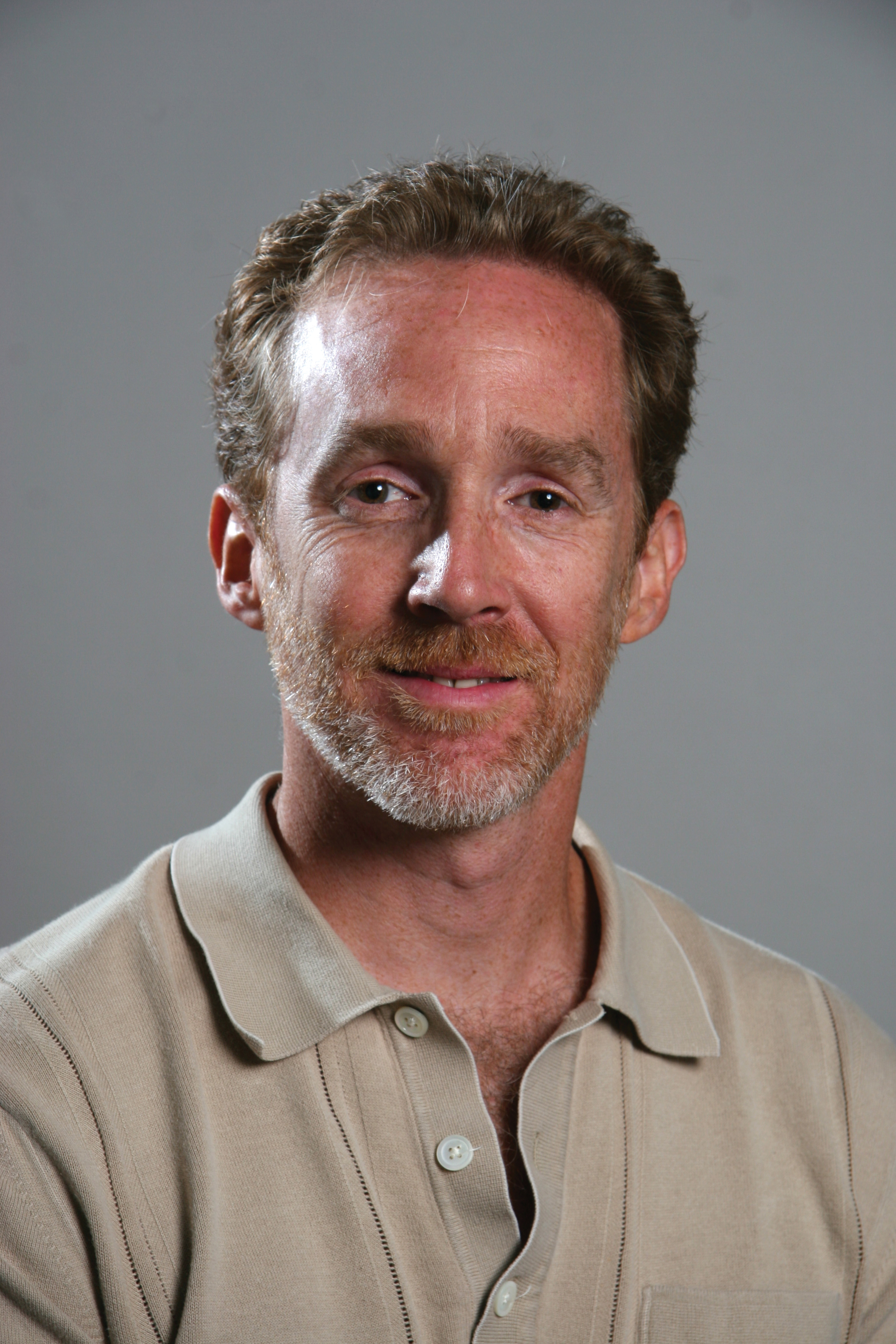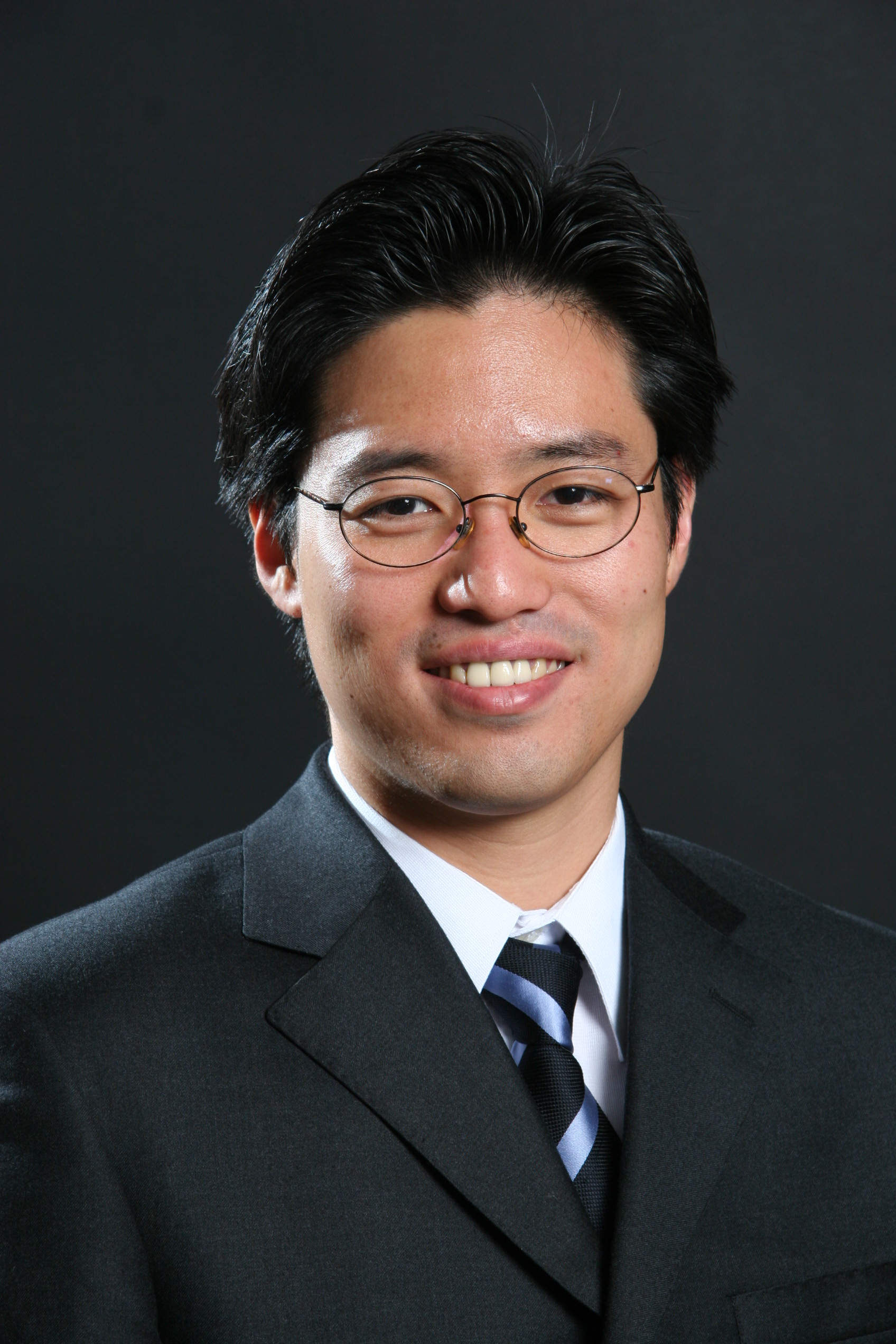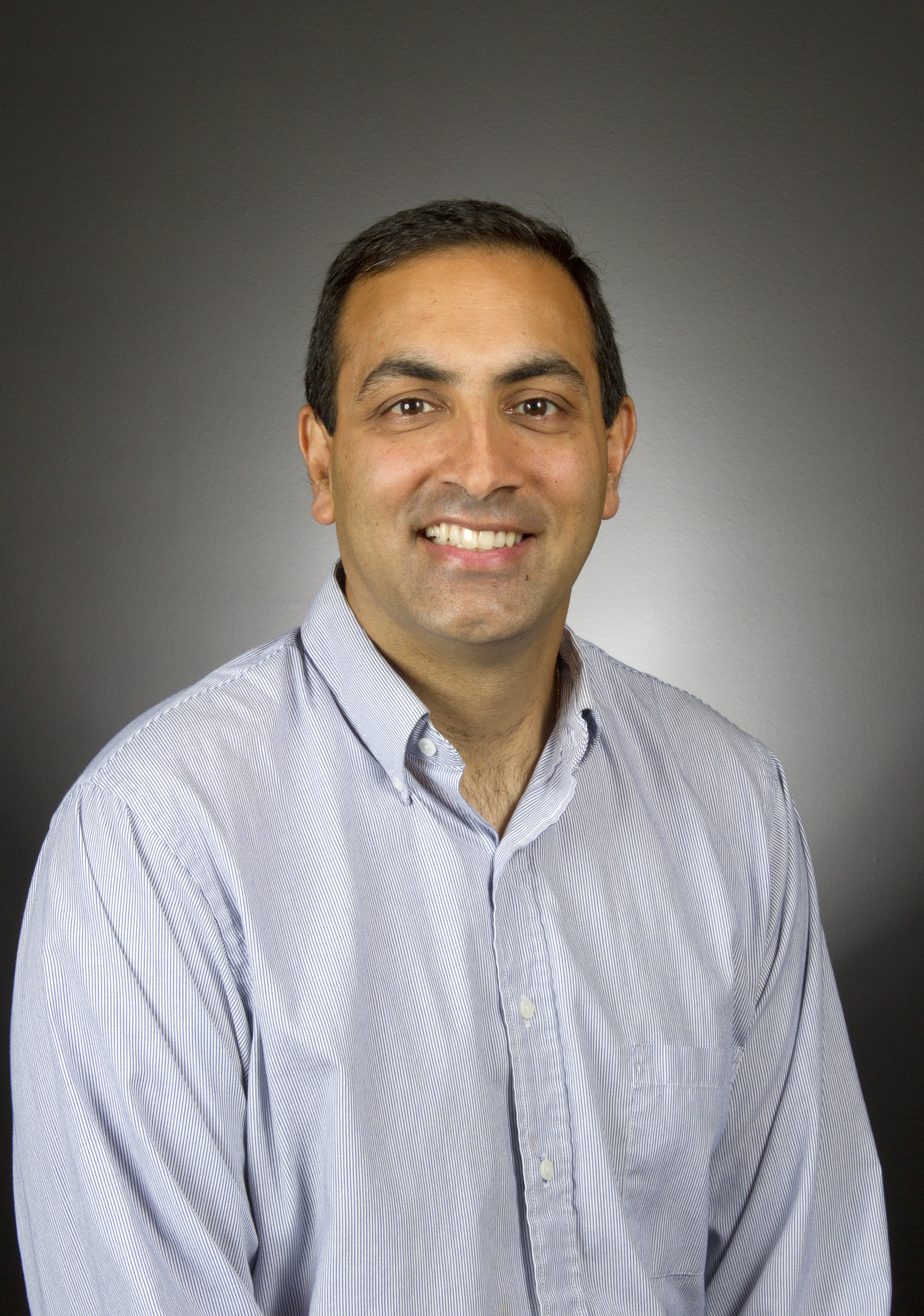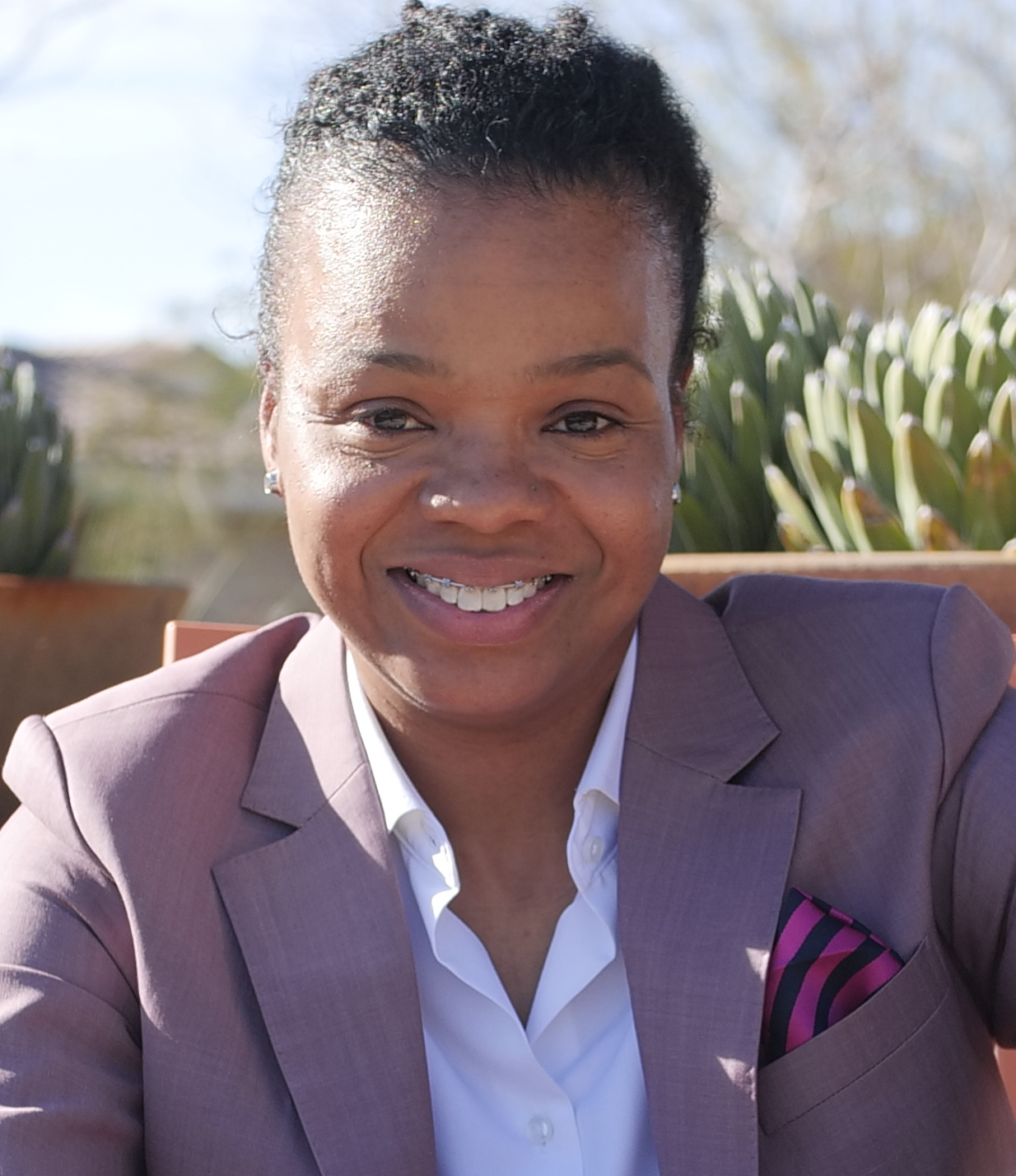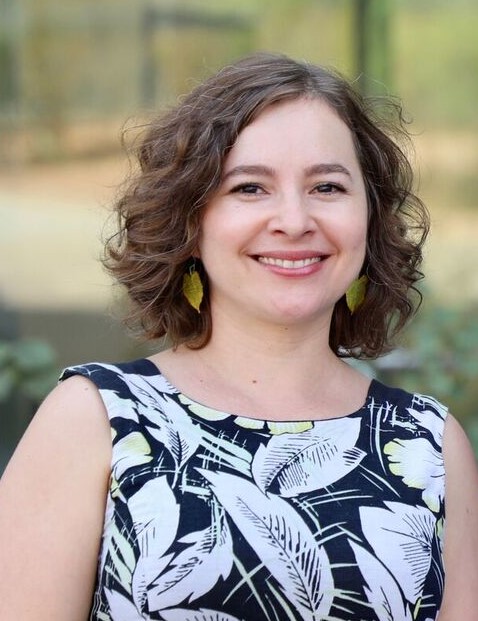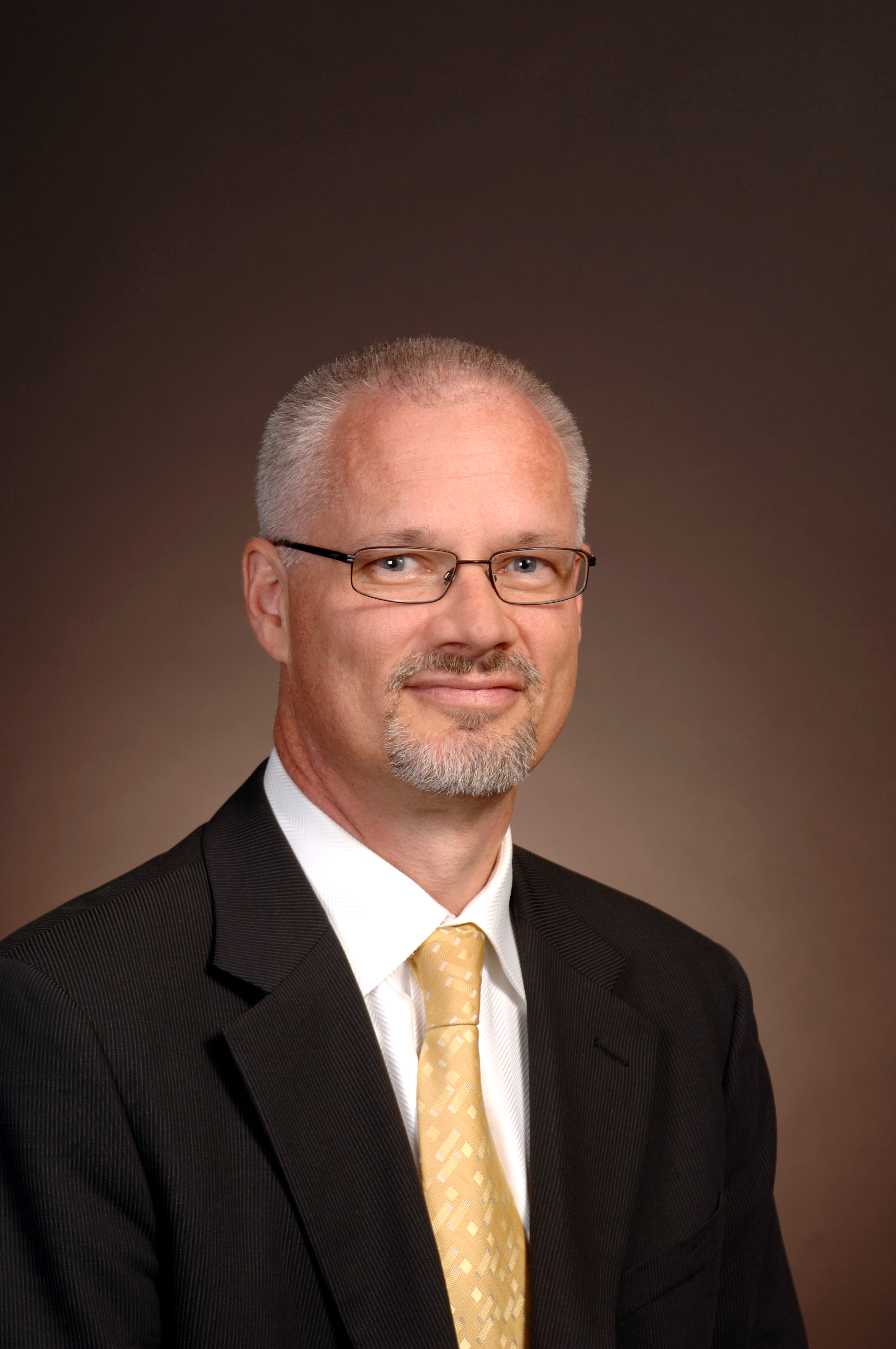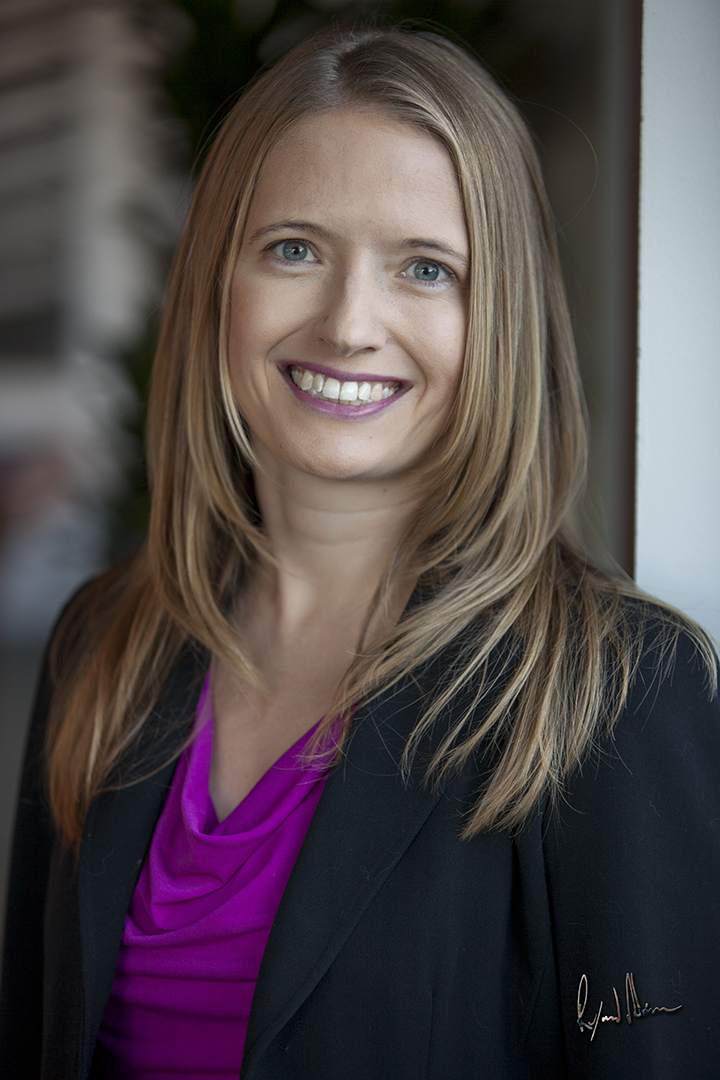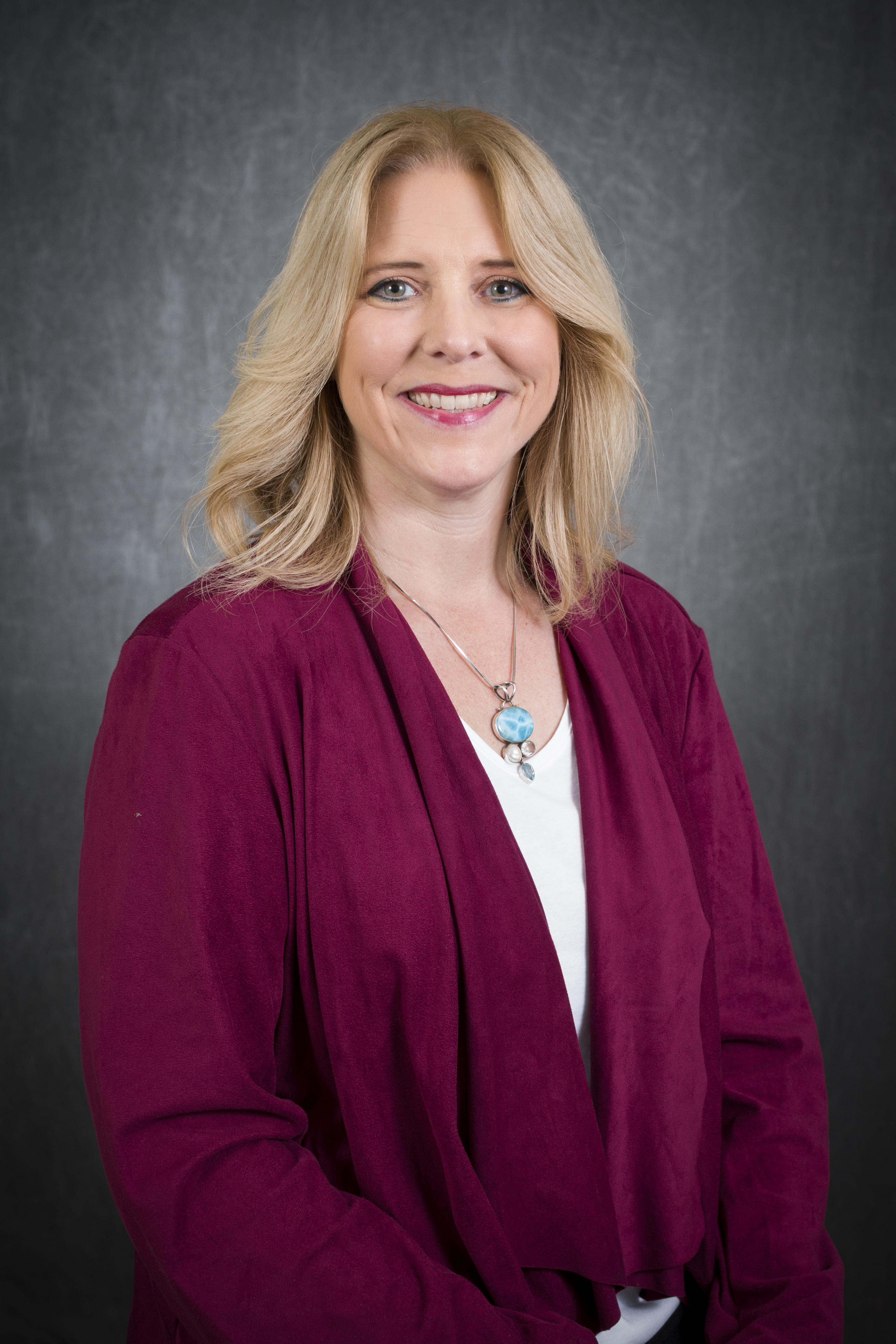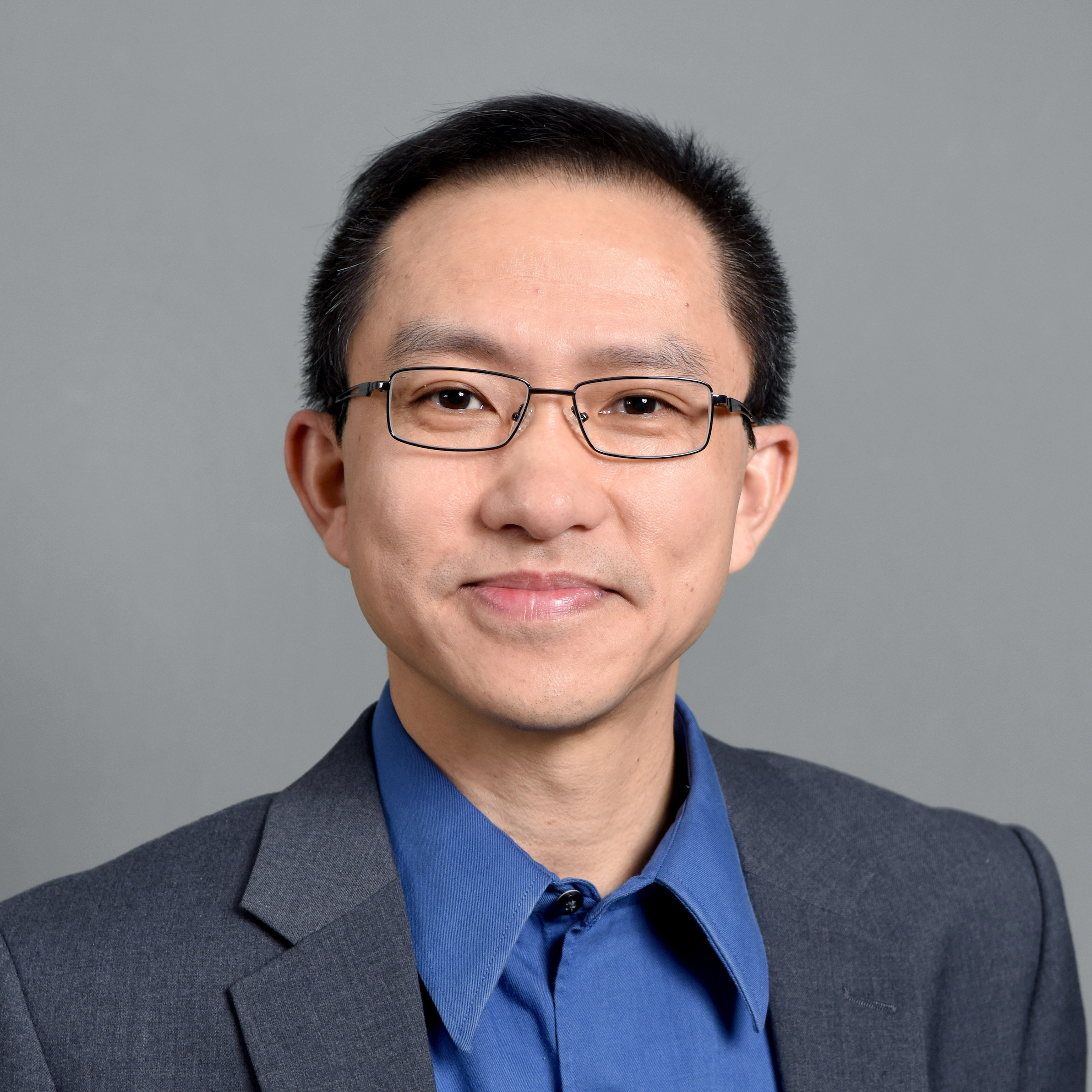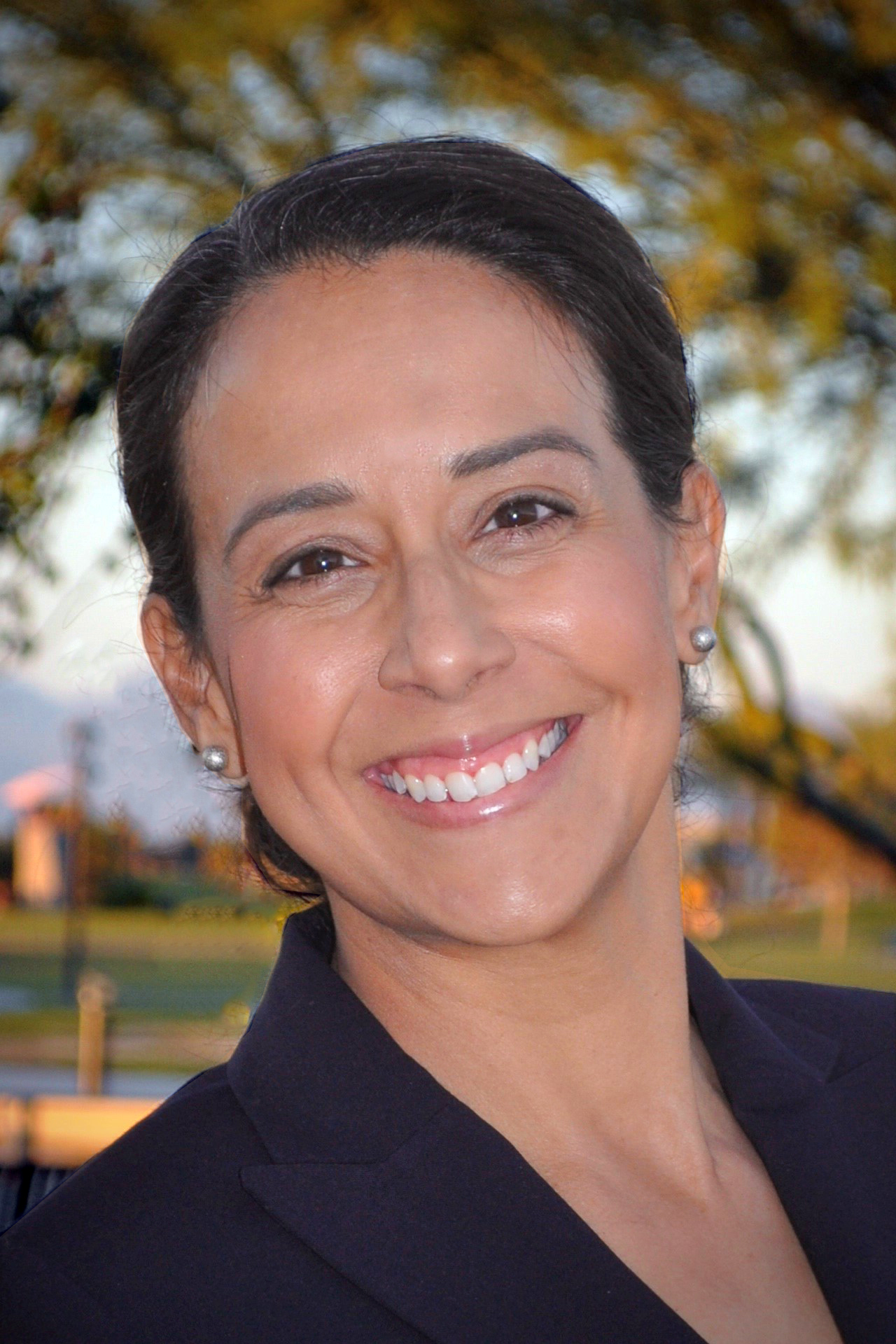“Think before you speak. Read before you think.” ― Fran Lebowitz, The Fran Lebowitz Reader
Read about the lives of exceptionally accomplished people and you’ll find many were helped along the road to success by some especially edifying or inspiring knowledge or wisdom.
Often those invigorating insights were found in a book and in subject matter far afield of their sphere of professional expertise.
Here, in the eighth annual Essential Reading feature, Ira A. Fulton Schools of Engineering faculty and staff members again recommend books they believe offer valuable lessons students can apply to their career pursuits — as well as their lives outside of work — or simply provide a unique perspective on an intriguing topic.
For more book recommendations, see links at the end of the article to previous Essential Reading features.
'Astrophysics for People in a Hurry,' by Neil Degrasse Tyson
Recommended by Christopher Buneo, associate professor of biomedical engineering in the School of Biological and Health Systems Engineering
Neil DeGrasse Tyson, in case you don’t know, is an astrophysicist with the American Museum of Natural History, director of the Hayden Planetarium and host of the radio and TV show "StarTalk." This book, one of several he has written, was given to me by my young nephew as a gift, presumably because it was about science and was a No. 1 New York Times best-seller.
At first, I found the lack of scientific detail to be a bit frustrating. But once I set that aside, I started to really enjoy the book. Its value is not in presenting a complete picture of extremely complex astrophysical phenomena. What I found most valuable is how small it made me feel, or rather how small it made my problems seem. The magnitudes of the distances and forces at play in the universe that are described by Tyson challenge human comprehension. But when one tries to envision these phenomena, one cannot help but view their own day-to-day difficulties in a different light. So, in that way, I found the book to be very grounding, and I would recommend it to anyone who is looking for a relatively quick read and a bit of cosmic perspective.
'Irresistible,' by Adam Alter
Recommended by Junseok Chae, associate dean for research and professor of electrical engineering in the School of Electrical, Computer and Energy Engineering
Think about how often and for how long many of us use our mobile phones each day. Only about 15 years ago, we were not on our phones anywhere near the amount of time as we are today, and we got along just fine. It seems we are now addicted to this technology. So, how did we get addicted and how do we overcome it? Alter’s book starts by describing when Steve Jobs introduced Apple’s iPad in January 2010. Jobs proudly showed off the new cutting-edge technology. But do you know he kept his own children from using it?
I’m not a behavioral scientist, but the title and a review of the book lured me into reading it. The author clearly delivers his claim about the addiction — presenting a strong argument that many of us are also addicted to the internet (which is true of me, in fact) — and systematically analyzes what characterizes these types of addictions. Alter introduces methods he believes could help us overcome such strong dependencies, which he says can be much more severe than we think — impacting a wide range of our physical behavior as well as our social interaction. Today’s technological advances are a great outcome of beautifully crafted engineering, but this book makes it clear we need the wisdom to avoid the undesirable side effects of using our ever-present gadgets.
'Grit: The Power of Passion and Perseverance,' by Angela Duckworth
Recommended by Nikhilesh Chawla, professor of materials science and engineering in the School for Engineering of Matter, Transport and Energy
Ever wonder what qualities are needed to be successful? Angela Duckworth goes through a compelling analysis, with quantitative data and numerous examples cutting across many areas and disciplines. What she shows is that talent and intelligence are not enough to succeed.
In fact, a better marker for success is grit. Simply defined, it is the ability to persevere and be persistent, working hard combined with a passion for what you do. The ability to get up, dust yourself off and continue to strive to be the best will help you immensely in your pursuits. As you navigate through challenges in life, it is this unique quality — grit — that is most likely to get you through!
'How to Be Here,' by Rob Bell
Recommended by Brooke Coley, assistant professor of engineering in The Polytechnic School
This is an amazing story (subtitled “A Guide to Creating a Life Worth Living”) that inspires readers with ideas to contemplate as we embark upon our life’s journeys. It helps you think about your passions and dreams and a plan to actualize them. The concept of ikigai — a Japanese word symbolizing “a reason for being” — is introduced as a lens through which to process life. Rob Bell’s anecdotes position the reader to explore the significance of life and living it forwardly and abundantly.
The book resonates as one of few I have read that I wish I had come across earlier in life. Its lessons are timeless, and the perspective it creates is imperative and essential for a life of fulfillment and joy. It inspires an awareness of the importance of every moment. This book helps us to really hear our inner voices, to think about what matters most to us, to pursue those things wholeheartedly and to be present in every moment in the process. Bell helps us see that when it’s all said and done, it’s not the accomplishments that will matter most, but the joy we have experienced in those rare moments.
'The Master and Margarita,' by Mikhail Bulgakov
Recommended by Anca Delgado, assistant professor of environmental engineering in the School of Sustainable Engineering and the Built Environment
This book is among my favorites because it is funny, strongly satirical, and at the same time presents intriguing perspectives on the concept of evil and topics such as religion and politics. One plot is set in Moscow in the 1930s. Here, the Devil, a mysterious professor and magician, arrives with a posse of creatures who create mayhem for the literary elite. The other takes place in Jerusalem during the time of Pontius Pilate and the trial of Yeshua Ha-Notsri (Jesus of Nazareth).
I really appreciate the work of other writers of the same literary era as Bulgakov. Among my favorite books are “Omon Ra,” a novel by Victor Pelevin and “Moscow to the End of the Line,” a humorous story that is also a social commentary, by Venedikt Erofeev. The last book I read was “The Silmarillion” by J.R.R. Tolkien, author of “The Lord of the Rings.” Like “The Master and Margarita,” all of these stories tell fantastical tales that are entertaining while also examining politics, time, philosophy, love, human frailties and many of life’s biggest challenges.
'Quicksilver,' 'The Confusion,' 'The System of the World,” by Neal Stephenson
Recommended by Keith D. Hjelmstad, President’s Professor of civil, environmental and sustainable engineering in the School of Sustainable Engineering and the Built Environment
I had the opportunity to work with science fiction writer Neal Stephenson a few years ago after he contacted me and asked if it was possible to build a tower 20 kilometers tall. Working with him on this project inspired me to read all of his books (I have read 11 so far). It was really hard to pick from that great list, so I cheated a bit and chose “The Baroque Cycle,” a trilogy that includes the books “Quicksilver,” “The Confusion” and “The System of the World.”
Stephenson is a gifted writer of historical fiction, and these books provide a fun romp through one of the most important periods of history for engineers — the times of Isaac Newton, Gottfried Leibniz, Christiaan Huygens, Robert Hooke and many other giants of science and mathematics who roamed the Earth in the 17th and early 18th centuries. The echoes of this important period of history still reverberate in the academic lives of today’s engineering students. Stephenson’s novels are full of action, and he invents a set of fictional characters that interact seamlessly with real historical figures. Engineering students should know something about the history of their field, and these well-researched books provide a delightful way to gain insight into that history.
'Becoming,' by Michelle Obama
Recommended by Nadia Kellam, associate professor of engineering in The Polytechnic School
In this engaging, authentic and deeply personal story, Michelle Obama takes the reader back to her childhood as she grew up in a small apartment on the South Side of Chicago. Her story continues through high school, college, law school, into a legal career and then a pivot to finding a more meaningful job, getting married, having two daughters and becoming the first lady of the United States. Her story illustrates what it was like for her to grow up as a black woman and the many ways that she overcame barriers and exceeded expectations in her path to becoming who she is today.
This book can be especially empowering for students from underrepresented groups, as these students oftentimes overcome significant barriers during their own journeys to reach their dreams and aspirations. Students who are not from underrepresented groups can begin to learn about systemic racism, how it persists throughout our society, and ways of becoming more empathetic and recognizing their own privilege. “Becoming” has something for everyone, as we all work to develop our voice, construct our own stories and reflect on how our story shapes who we are becoming.
'Strengthsfinder 2.0,' by Tom Rath
Recommended by Lauren Levin, manager of academic services in the School of Electrical, Computer and Energy Engineering
Do you spend the majority of your time fixating on overcoming your weaknesses, or do you use your natural talents to move forward in life? Gallup, the international analytics and advice company, has spent decades studying people’s talents as they relate to employee engagement at work and has concluded the vast majority of people do not have the opportunity to focus on what they do best in the workplace.
“From the cradle to the cubicle, we devote more time to our shortcomings than to our strengths,” said author Tom Rath. We spend considerable time trying to add talent where little exists rather than focusing on the things we do best. Rath’s compact book builds on work by the “father of strengths-based psychology” Don Clifton and includes an assessment designed to identify your talents and strengths. Knowing your top five talent themes provides you with guiding principles to help put a strengths-based action plan to work to align your goals — including career aspirations — with your natural talents. By focusing on what we do best, we are likely to find ourselves in an environment that is much more positive and productive, leading to our own happiness and the happiness of those around us.
'Outliers: The Story of Success,' by Malcolm Gladwell
Recommended by Baoxin Li, professor of computer science and engineering and program chair in the School of Computing, Informatics, and Decision Systems Engineering
We often attribute the tremendous achievements of famous and accomplished people to their extraordinary personal traits. Whether it is an extremely high IQ, an unusual talent for art or sports, or exceptional business acumen, it has to be something far from ordinary — it has to be an “outlier.” In this book, Malcolm Gladwell examines the elements contributing to the success of those high-achieving people from a very refreshing angle: how often-overlooked and seemingly mundane factors like family, cultural background, socioeconomic status, diligence or simply unusual opportunities may have played a critical role in their success.
The author skillfully weaves his arguments into many real-life stories focusing on very diverse events and people, from Canadian hockey games to Korean plane crashes, and from Bill Gates to a Jamaican girl named Joyce (you will learn who she is in the book), making “Outliers” irresistibly entertaining yet intellectually stimulating at the same time. After reading this book, you will likely have some fresh perspectives for understanding success, not only in terms of figuring out how the success of many prominent people came about, but also in terms of appreciating how we — individuals, families or the society at large — could contribute to fostering an environment that will produce successful stories for more people.
'The Curious Incident of the Dog in the Nighttime,' by Mark Haddon
Recommended by Jennifer Velez, coordinator senior in the Engineering Student Outreach and Retention Program
In this fictional story, Mark Haddon reveals the inner mental workings of his protagonist, Christopher, who is autistic. When 15-year-old Christopher finds a neighbor’s dog stabbed with a pitchfork, he embarks on a hunt to find the killer. Throughout his investigation, Christopher meticulously compiles evidence while trying to navigate a world he doesn’t quite understand.
He reminds me in some ways of the “Star Trek” character Data, painfully awkward in his interactions with other humans and yet sweet and a little bit tragic. Christopher soon finds that logic and keen observations aren’t enough. If he’s going to solve the mystery, he must look beyond simple facts and uncover the nuances of human emotion. This touching — and often funny — story is a lesson in empathy for both Christopher and readers alike.
Check out Essential Reading book recommendations from past years:
More Science and technology

How one professor re-creates the extreme interiors of planets in an ASU lab
Despite decades of research, we may not understand the Earth as well as we think.In grade school, we learn about the planet’s layers — the Earth’s crust, mantle, core — and see colorful diagrams that…

DNA provides a solution to our enormous data storage problem
Since the dawn of the computer age, researchers have wrestled with two persistent challenges: how to store ever-increasing reams of data and how to protect that information from unintended access.Now…

Why middle-aged Americans are falling behind peers abroad in various health measures
Americans born in the 1960s and early 1970s report higher loneliness and depressive symptoms, and show poorer memory and physical strength, than earlier generations. Such declines are largely absent…

